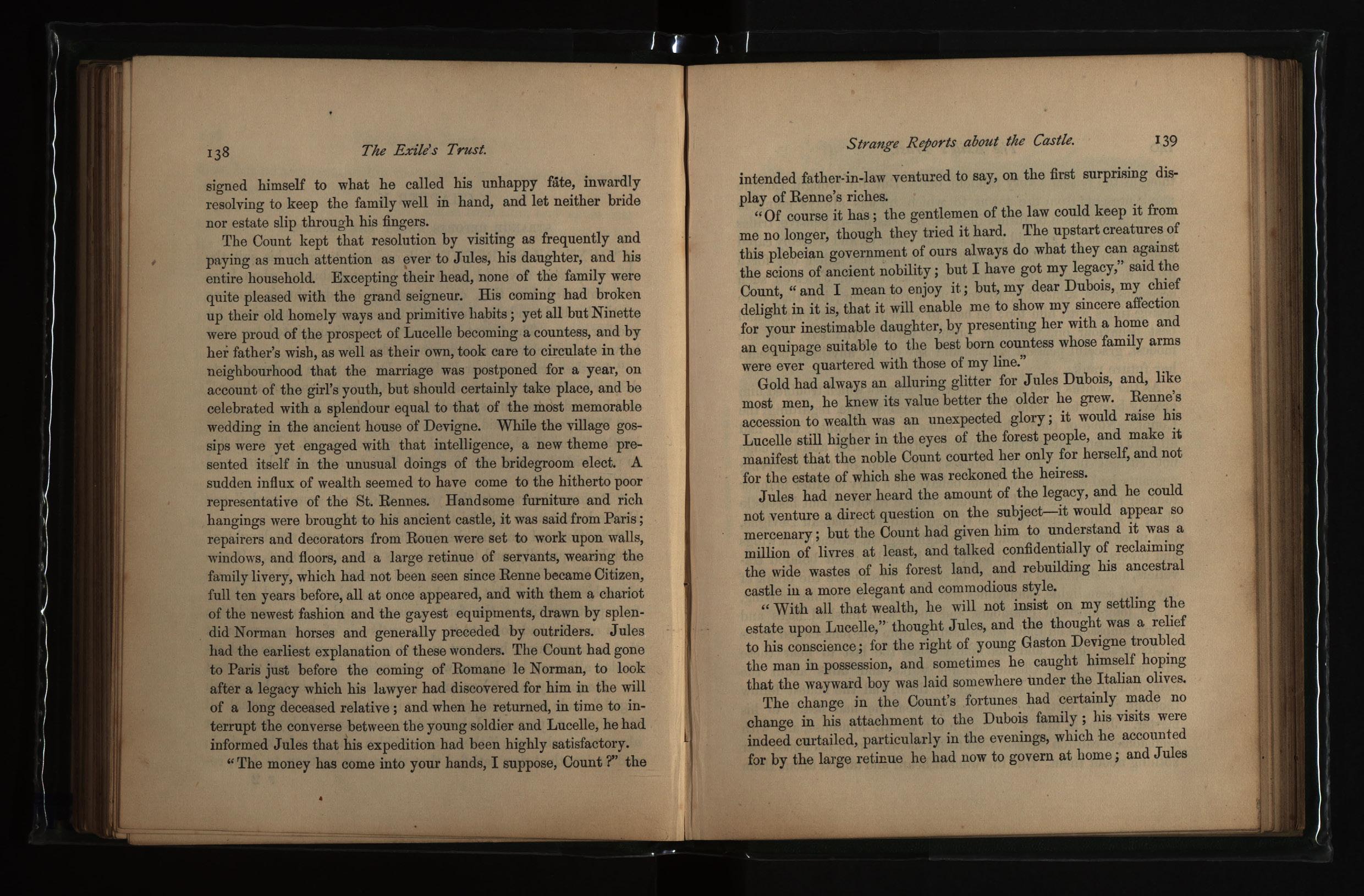This past week has been anything but smooth for the British royal family during their visit to Scotland.
The chilly reception they received from the Scottish public has raised eyebrows and sparked discussions about the monarchy’s relevance in modern society.
Prince William‘s recent trip to Aberdeen was a stark illustration of this discontent.
As he strolled through the streets, he found himself without a single fan in sight.
There were no crowds waving flags, no bouquets of flowers, and hardly any onlookers to acknowledge his presence.
Instead, the barriers set up for the occasion lay discarded, a clear sign that interest in his visit had dwindled to almost nothing.
Only a handful of photographers and security personnel accompanied him, making for a rather lonely outing.
The situation didn’t improve with King Charles and Camilla‘s arrival in Scotland.
Their visit aimed to commemorate the 25th anniversary of the Scottish Parliament’s reconvening, but it quickly turned sour.
As they made their way to the event, they were met with shouts of “not my king” and “down with the crown” from protesters.
This public outcry is a strong indicator that many Scots are increasingly disillusioned with the monarchy.
A group gathered along the Royal Mile, vocally expressing their discontent as King Charles and Camilla passed by in their car.
The scene was striking; aside from the protesters, the streets were filled with indifferent passersby who seemed uninterested in the royal couple’s presence.
The lack of supporters was telling, further emphasizing the waning popularity of the monarchy in Scotland.
Recent statistics reveal that less than half of Scots support the monarchy, a significant decline from previous years.
This trend is troubling for King Charles, as public sentiment continues to shift away from royal favor.
Many believe that the monarchy should reconsider its role, especially after such an embarrassing display during a supposed celebratory event.
As King Charles and Camilla drove through the city, most people were preoccupied with their own lives, largely ignoring the spectacle.
The absence of tourists and supporters at these royal events raises questions about the monarchy’s appeal.
Critics argue that the lavish displays of royal pageantry do little to resonate with the everyday concerns of the public.
Tommy Sheppard, a former SNP MP, was among those protesting the royal visit.
He highlighted the growing financial burden the monarchy places on taxpayers, now exceeding half a billion pounds amid tightening public finances.
Sheppard questioned the justification for continued funding of the royal family, especially when many citizens are struggling to meet basic living expenses.
He emphasized that public opinion in Scotland is shifting towards favoring an elected head of state, reflecting a desire for change.
This sentiment resonates with many who feel disconnected from the monarchy and its historical significance.
The protests are not merely about financial expenditures; they also touch upon deeper issues of representation and relevance.
The backlash against the royal family is compounded by their treatment of figures like Meghan Markle, which has left many feeling that the monarchy does not embody the values of inclusivity and respect.
This perception has fueled a growing movement advocating for a republic, challenging the notion that the monarchy is a cherished institution.
As public demonstrations continue, the monarchy’s standing appears increasingly precarious.
With each protest, the narrative surrounding the royal family becomes more critical, suggesting that their days of unquestioned loyalty may be numbered.
The sentiment is clear: many Scots are ready for a change.
The royal family may need to reassess their approach and consider the implications of their visits.
The lack of enthusiasm from the public indicates a significant disconnect that could have lasting repercussions for the institution.
As we look ahead, it will be fascinating to see how this evolving landscape shapes the future of the monarchy in Scotland and beyond.

